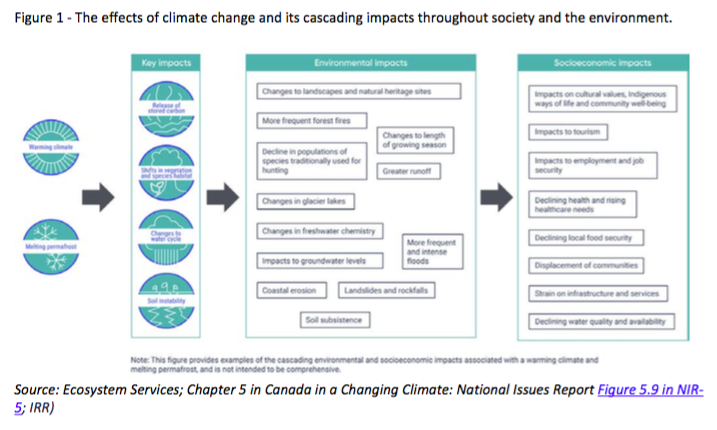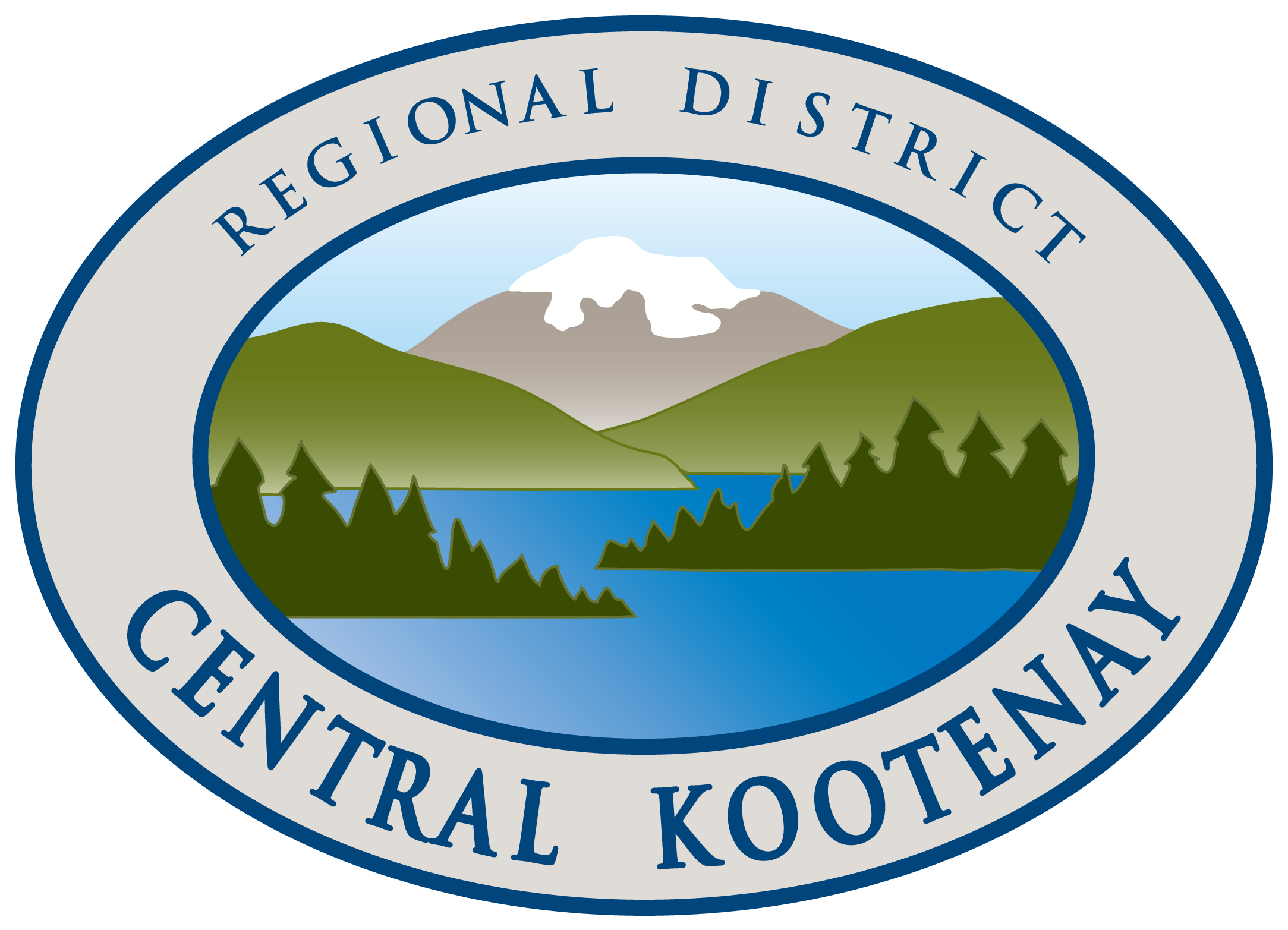Emergency Program receives boost on eve of wildfire, flood season in West Kootenay
As the region braces for another hot season of wildfires the regional district has stepped up its game in preparation.
Approval has been given by the board of directors for an additional Emergency Program coordinator at the Regional District of Central Kootenay (RDCK) Nelson office to address several immediate and ongoing needs, including preparing for and responding to — as well as recovering from the increasing frequency, intensity and uncertainty — of floods, wildfires, drought and extreme heat in the RDCK.
“Of importance to the RDCK, there is a confluence brought on by our changing climate and hazard landscape, new provincial emergency management legislation, and seasonal Emergency Operations Center (EOC) staffing challenges that could impact our capacity to deliver excellence of the Emergency Management Program,” said Dan Seguin, RDCK manager of Community Sustainability.
As well, the new position — approved in the March 21 financial plan — will allow for the capacity to plan for, operationalize and implement the Emergency and Disaster Management Act (in force since Nov. 8, 2023).
The new Emergency and Disaster Management Act (EDMA) shifts from focusing on emergency response to instead include provisions that address all four phases of emergency management: mitigation; preparation; response; and recovery.
Currently, the RDCK has two Emergency Program co-ordinators — one in Nelson and one in Creston — who share local and regional functions, coordinating and overseeing the local Emergency Management Program within the RDCK.
The responsibilities of the position are to lead emergency preparedness, response and recovery by liaising with outside agencies, external contractors, volunteer organizations and RDCK staff on emergency plans and training.
“Prior to the climate-driven changes to the hazard landscape, and before the new legislation, the current workload for both EPCs positions was already stretched to capacity given their current responsibilities and tasks,” said Seguin. “This capacity challenge is compounded during seasonal Emergency Operations Centre activations during which the EPC takes a key role across all phases of the event.”
The new position will be advertised at an annual amount not to exceed $103,625 in salary and benefits, plus approximately $7,000 for position-related expenses (IT, training, PPE, phone, etc.).

Our changing climate
The RDCK, like the rest of British Columbia and Canada, is experiencing a change in its climate (Canada in a Changing Climate: Synthesis Report, 2023).
The trend illustrates an increasing frequency, intensity, and uncertainty of hazards such as floods, wildfires, drought, and extreme heat, which is expected to continue for the foreseeable future.
In turn, these impacts have cascading and compounding effects in areas such as housing, employment and job security, tourism, infrastructure, food security and water quality and availability.
Warming trends will drive several climate changes for B.C. and the RDCK, including:
- Warmer temperatures: expected in all seasons, leading to more extreme heat events and longer growing seasons;
- Annual precipitation: changes in seasonal precipitation — including longer summer droughts — will pose a threat to current patterns of water accumulation and discharge, and will lead to water scarcity issues in the summer (B.C. Ministry of Environment, 2016);
- Extreme precipitation events becoming more frequent and intense and increased frequency of atmospheric river events (Curry et al., 2019; Vadeboncoeur, 2016; Pinna Sustainability, 2014);
- Changes in streamflow, including the timing of spring freshet, timing and duration of summer- autumn low flow, and higher water temperatures during low-flow periods (Bonsal et al., 2019), leading to increased flood risks and changes to aquatic ecosystems; and
- Increased wildfire risk resulting from changing precipitation and temperature, along with changes to wind patterns (Bush and Lemmen, 2019) and shifts in ranges of pests such as the mountain pine beetle.
Source: RDCK agenda, March 21


























Comments